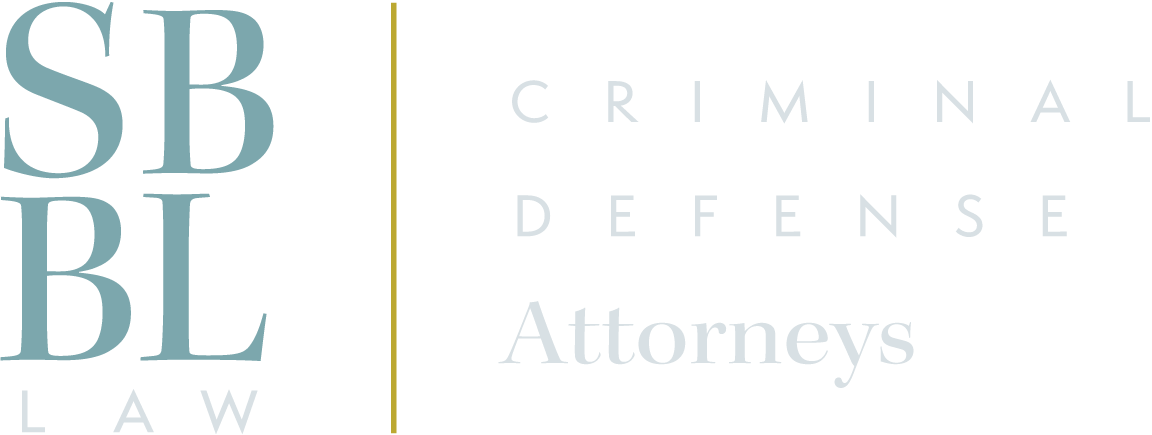What is a Sexual Assault Charge? An In-Depth Overview of Sexual Crimes
Defining and Differentiating Sexual Battery from Other Sex Crimes
Sexual assault is a topic that carries significant weight in the realm of criminal law. It involves a wide range of actions and behaviors, making it crucial to understand the nuances of what constitutes a sexual assault charge. This guide will delve into the legal intricacies of sexual assault and sexual battery charges. We'll also explore the penalties associated with these charges and offer advice for those facing such allegations.
Sexual Assault Charges
Sexual assault, in its broadest sense, refers to any non-consensual sexual act committed upon another person. It encompasses a broad spectrum of behaviors, from unwanted touching to rape. The critical element in a sexual assault charge is the absence of consent. When an individual engages in sexual activity without the explicit, voluntary agreement of all parties involved, the person may find themselves facing a sexual assault charge.
Sexual Battery
Sexual battery is a specific subset of sexual assault. It generally involves intentionally and unlawfully touching another person’s intimate areas without that person’s consent. While sexual battery can include various forms of non-consensual touching, it typically excludes penetration. Simply put, sexual battery is the physical act of touching someone inappropriately without their permission.
What Are the Associated Penalties When Facing a Sexual Assault Charge?
The penalties for sexual assault charges vary widely depending on several factors, including the jurisdiction, the severity of the offense, and the defendant’s prior criminal record. However, they can be extremely severe, often leading to lengthy prison sentences, hefty fines, and mandatory registration as a sex offender. Depending on the severity of the offense, mandatory sex offender registration may be for life.
The most serious sexual assault charges generally involve cases of force that result in physical or psychological injury and cases involving penetration of children under the age of consent. Those cases often come with a severe mandatory minimum sentence. Victims are usually invited to write a letter to the judge or provide a statement at sentencing, which can impact the severity of the sentence as well, over and above any mandatory minimums.
It’s important to note that sexual assault charges can result in both criminal and civil consequences. In addition to the potential criminal penalties, a defendant may face civil lawsuits from the victim seeking compensation for physical and emotional harm.
A Best Practices Guide for Defendants
If you or someone you know is facing a sexual assault charge, it’s essential to take immediate steps to protect your rights and mount a strong defense. Here are some best practices to consider:
Consult with an Attorney: Seek legal representation from an experienced attorney specializing in sex offense cases. They can provide valuable guidance and ensure your rights are protected throughout the legal process. Building a strong case starts right away, from the first stages of the investigation. An experienced sexual assault attorney will know the specific evidentiary issues that can arise in sexual assault cases, can navigate the complexities of the alleged victim’s statements, can find inconsistencies in the reporting, and can find flaws in the investigative process.
Exercise Your Right to Remain Silent: Refrain from making any statements to law enforcement or others without your attorney present. Anything you say can be used against you in court. Often, the urge to “clear it up” with law enforcement leads to statements that can secure a conviction at trial.
Preserve Evidence: If you believe you have evidence that supports your innocence, gather and preserve it. This may include text messages, emails, or other communications that can establish consent. Specifically, any messages that indicate an adult accuser consented or appeared to consent to the conduct or was a willing participant can be invaluable at trial.
Follow Court Orders: Comply with all court orders, including attending scheduled hearings and meetings with your attorney, as well as any bond conditions and no-contact orders. Failure to do so can have adverse consequences.
Maintain Privacy: Avoid discussing your case with anyone except your attorney.
Conclusion
In conclusion, understanding what a sexual assault charge entails is crucial in navigating the complexities of the legal system. Sexual battery is a subset of sexual assault that involves non-consensual touching of intimate areas. The penalties for sexual assault charges are severe and can have long-lasting consequences. If you or someone you know is facing these charges, seeking legal counsel and following best practices is essential.
Contact A Sex Crime Attorney Today
If you require legal assistance or have questions about sexual assault charges, please do not hesitate to contact our experienced legal team. We are here to help you navigate the legal process and protect your rights.
Call 1-888-536-5900 or fill out our online form.



